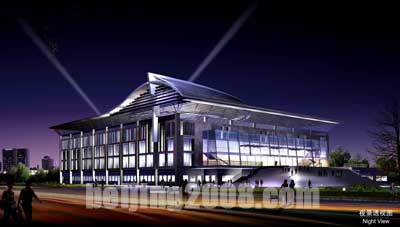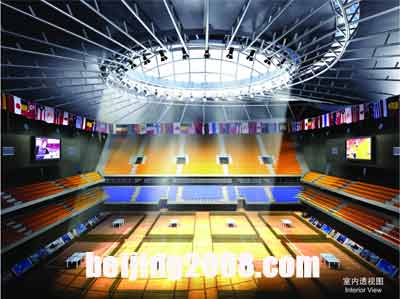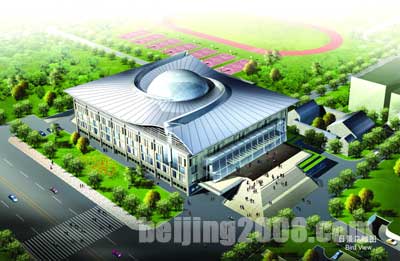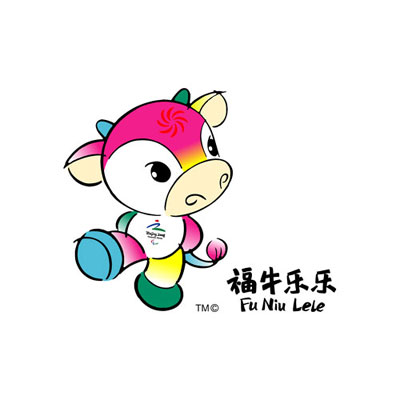


Today, the Beijing University received a $173.3million rmb ($22million USD) donation from the Khoo Foundation (Singapore) to aid the construction of the Beijing University Stadium. This stadium will the venue of the Ping Pong competition in Beijing 2008.
The late Tan Sri Khoo Teck Puat was the richest man in Singapore. He had an estimated fortune of $5 billion usd. As a result, the stadium will be renamed after him.
It's kinda interesting and heartwarming how many overseas Chinese are willing to give huge sums of money to help build the stadiums. The Water Cube is fully funded by overseas Chinese. So is the equestrain competition venue in Hong Kong. Many of these overseas Chinese are decendents of the very poor who were forced to leave their villages to seek a better life for themselves and the family.
For those who made it, many will give millions of dollars to help build schools, factories, houses and now stadiums in China. Even when they are died, they will give a sum of money, like the Khoo family.
It's ironic at the same time because if China wasn't weak for the first 80 years of the 20th century, many of these people won't have left, become rich and contribute back right now. Will they make it rich if they have stayed on in a stronger China? Nobody knows. The only thing we know is that many Chinese love their motherland no matter how far they are away from it.
Labels: news, Venues
Read More






















